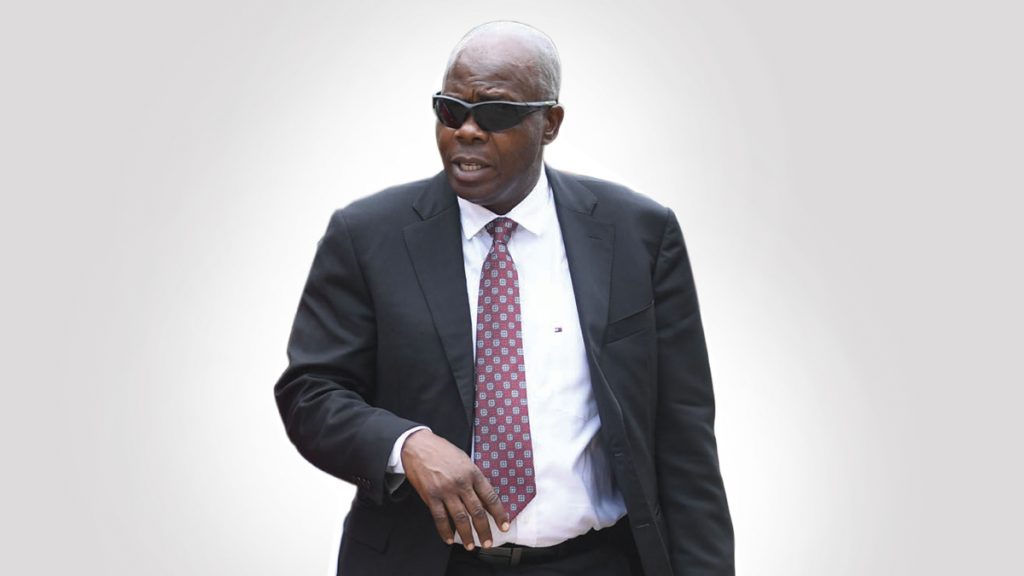Introduce new vetting rules for Board of Directors
New form requires private, personal information
‘It borders on invasion of privacy. Such declaration exposes family members to victimisation’ -CEO
‘It has potential to discourage talented board members’ -expert
STAFF WRITERS
editors@thepatriot.co.bw
The Directorate of Intelligence and Security Services (DIS) have introduced a new form to be used for vetting would-be Directors nominated for appointment to Board of Directors of private companies and state owned entities (parastatals), The Patriot on Sunday has learnt.
There are complaints that the questions on the form are intrusive and therefore amount to invasion of privacy of the affected individuals as they require personal information about parents, relatives etc. Hence, there are growing fears in the corporate world that the new vetting form/ process is being introduced to (1) target some individuals and block them from joining some Board of Directors to which they have been nominated, particularly in State owned Entities (parastatals), (2) to discourage would-be Directors who may not want to disclose personal and private information about their family members fearing invasion of privacy by DIS, who can use the information shared for any other sinister motives.
The Patriot on Sunday can confirm that one of the regulators of the financial services sector, the Non bank Financial Institutions Regulatory Authority (NBFIRA) has already started using the new DIS vetting form and late last year asked individuals nominated for Directorship in private companies to fill it.
An expert in Public Administration, Dithapelo Keorapetse who is the Chairman of a parliamentary committee that probes public accounts of government departments, ministries and their subsidiary parastatals or state owned entities (the Public Accounts Committee) said there is no doubt that the DIS has not operated within democratic ethos, hasn’t respected human rights and that it has not operated within the law. “It has meddled in big tenders to rig the whole system. So, the development on vetting which requires sensitive private information is another scheme to centralize more power in the DIS and the state. The state has no business in meddling to that extent in private enterprise. Whilst Corporate governance principles require that board members be ethical persons of integrity, this is no excuse to get private information for other objectives. The requirements should be rescinded; they’re potentially illegal and unconstitutional. They are unreasonable. If the police have cleared a person as a non offender and they’re competent to serve, then there’s no point for further information especially sought by the DIS,” blasted Keorapetse.
Keorapetse holds a Masters degree in Public Administration, and a Bachelor of Arts degree- (Social Science) majoring in Political Science and Public Administration both obtained from the University of Botswana where he is a lecturer. He is currently a PhD student with Wits School of Governance, South Africa. Keorapetse has worked as a resource person for Botswana Defence Force Command and Staff College and Botswana Police College. He is currently the Member of Parliament for Selebi Phikwe West since October 2014.
Commenting on condition of anonymity for fear of victimisation, a Board Chairman of a SoE said such intrusive requirements are counterproductive and invasive. He said it does not make sense to seek personal and private information from nominated individuals who are not under any kind of investigation by any state agency, let alone the DIS itself. “What are they doing with information about who people are related to and what they do in their private space? Does this mean they can disqualify a nominated Board member simply because they are related to someone with a criminal record or has been implicated in some investigation elsewhere? It is ridiculous, any vetting should focus primarily on the character and suitability (qualification) of the individual whose name has been submitted for the process,” he said.
